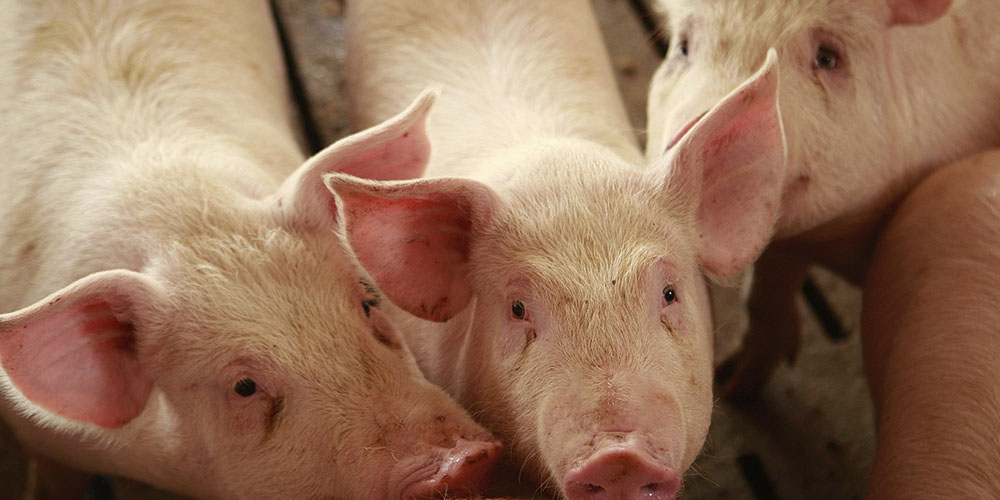HSUS Renews Its Attacks on Farmers

The Humane Society of the United States (HSUS) has reared its ugly head again, renewing its attacks on farmers, with a push to pass a California initiative that could dictate farm production practices throughout the country.
The animal-rights group has been rather quiet after taking it on the chin a number of times over the past few years, including some court losses – in 2014 it had to pay $16 million to Ringling Bros. to settle a lawsuit – defeats in several states where it tried to ban certain animal housing and losses in 2014 and 2016 congressional races to which it contributed.
Its latest attempt to reduce meat consumption and put hog farmers out of business got underway when it filed to get on the 2018 California ballot a proposal to prohibit the sale in the state of out-of-state pork from hogs born to sows housed in individual pens, known as gestation stalls. The state in 2008 banned the use of gestation stalls, crates for veal calves and battery cages for egg-laying hens, and in 2010, the California Legislature outlawed the sale of out-of-state eggs from hens kept in such cages.
To get the initiative on the ballot, HSUS needs the signatures from only 350,000 Californians, a ridiculously easy task in a state with a population of 39.5 million.
No doubt the animal-rights group will misinform voters about gestation stalls, which are used by the overwhelming majority of hog farmers to keep their sows healthy. (The American Veterinary Medical Association and the American Association of Swine Veterinarians recognize the efficacy of gestation stalls for pregnant sows because they minimize aggression and competition among sows and allow for observation of individual animals to assess their well-being.)
If HSUS is successful, farmers who produce pork and veal in the other 49 states and who want to sell their product in California won’t be able to use the banned housing.
And there’s a cost to this madness. After the state’s lawmakers banned out-of-state egg sales, prices went up. A 2016 Cornell University study found the ban resulted in a 49-cent per dozen increase in California egg prices. That rise was 13½ times higher than the inflation rate for all food and 35 times higher than the overall inflation rate. Based on average per capita egg consumption in the United States of 21½ dozen a year, California consumers spend almost $14 a person more on eggs or $70 a year for a family of five because of the ban. That’s not chump change for the state’s low-income households.